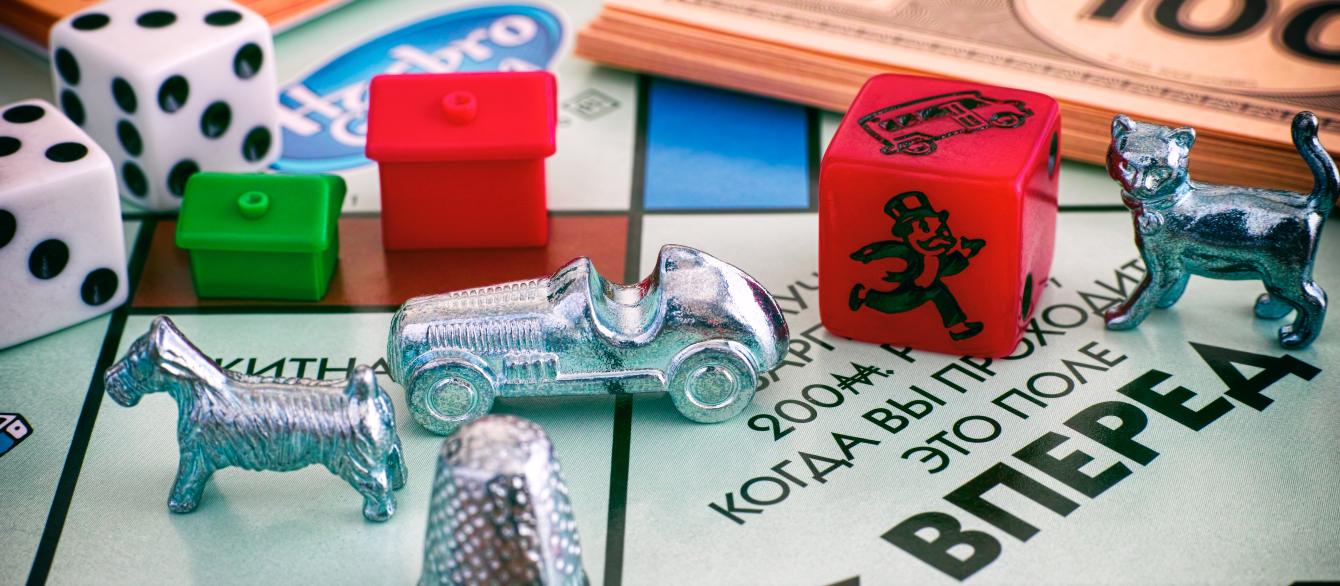The excerpt below has been adapted from the author’s article for Russia.Post, “Will Russian Business Be Sacrificed to Build a New Economic Model?”
Russia’s springtime campaign to nationalize foreign companies’ assets — including high-profile cases like Danone and Carlsberg — did not come as a surprise overall, in light of both Western sanctions and the obvious vested interests of specific Russian players. Much more intriguing were the attempts by Russia’s prosecutor general to seize assets of large enterprises in July and August 2023 — not only foreign companies but Russian ones, across a variety of industries, and with “innovative” justifications involving both national security concerns and challenges to privatizations from 30 years ago. By summer’s end, about 20 such cases had been filed.
In trying to answer the question “who needs this and why?” three possible motives come to the fore: (1) seizures of property by private players close to the Kremlin, (2) the state’s attempt to force big business to fully relocate to Russian jurisdiction, and (3) war-related moves toward a mobilization model for the economy. Preliminary discussions with experts, including those still in Moscow, do not suggest that any of these is clearly the main one. Regardless, considering the growing challenges to Russia’s economy and the Kremlin’s decision to prioritize security and militarization (which dates back to the mass protests of 2011-2012), the role of big private business in Russia seems poised for a paradigm shift, possibly with fewer carrots and more sticks.
The first explanation — property grabs — fits the pattern of coerced redistribution of assets that has been characteristic of Russia over the past 20 years, when, with help from corrupt officials, property passes into the hands of new private owners. The only relatively new thing here is that, now, assets are being taken over by the state and then transferred to the management of a private company while remaining federal property.
The second explanation holds that this kind of legal pressure on business is being used as a more general signal for Russian companies whose parent holdings are still located in foreign jurisdictions to “come home on good terms if you do not want to lose your key assets.”
The third hypothesis, a “mobilization economy,” stems from prosecutors’ allegations that current business owners were violating the “economic sovereignty of the Russian Federation” and thereby threatening national security — a radical departure from the arguments typically used to squeeze business in recent years, which had centered on white-collar charges such as fraud. This mindset seems to resonate with some very influential people: For example, in May 2023, Investigative Committee chairman Alexander Bastrykin explicitly stated that the main sectors of the economy should be nationalized to ensure “economic security in times of war.” If what we are seeing is indeed a shift to a mobilization economy, which leaves no room for big private business, the pivot could become more extreme after the 2024 presidential election.
Whatever the answer, the political-economic system that has taken shape under Putin has reached an important fork in the road. Ever since the Yukos case in 2003, the system was based on good opportunities for business to make profits in exchange for a fundamental renunciation of all political activity not sanctioned by the Kremlin. Though big business had lost its status as a full-fledged partner in the ruling coalition, it played an important role in the economic model all these years, ensuring its stability. Even as recently as 2022 and 2023, the Kremlin could count on the loyalty of business, thanks in part to the imperfect design of international sanctions. However, as macroeconomic destabilization begins and the economic situation inevitably worsens, it will be business — primarily big business — that is likely to suffer the greatest losses in 2024, not least of all through direct expropriation. The Kremlin, keen on political loyalty but left with fewer opportunities to offer the carrot of high earnings, seems set to turn more often to the stick, à la Belarus or North Korea — dismantling the economic base on which the Putin regime has relied for two decades in its foreign and domestic policy.






